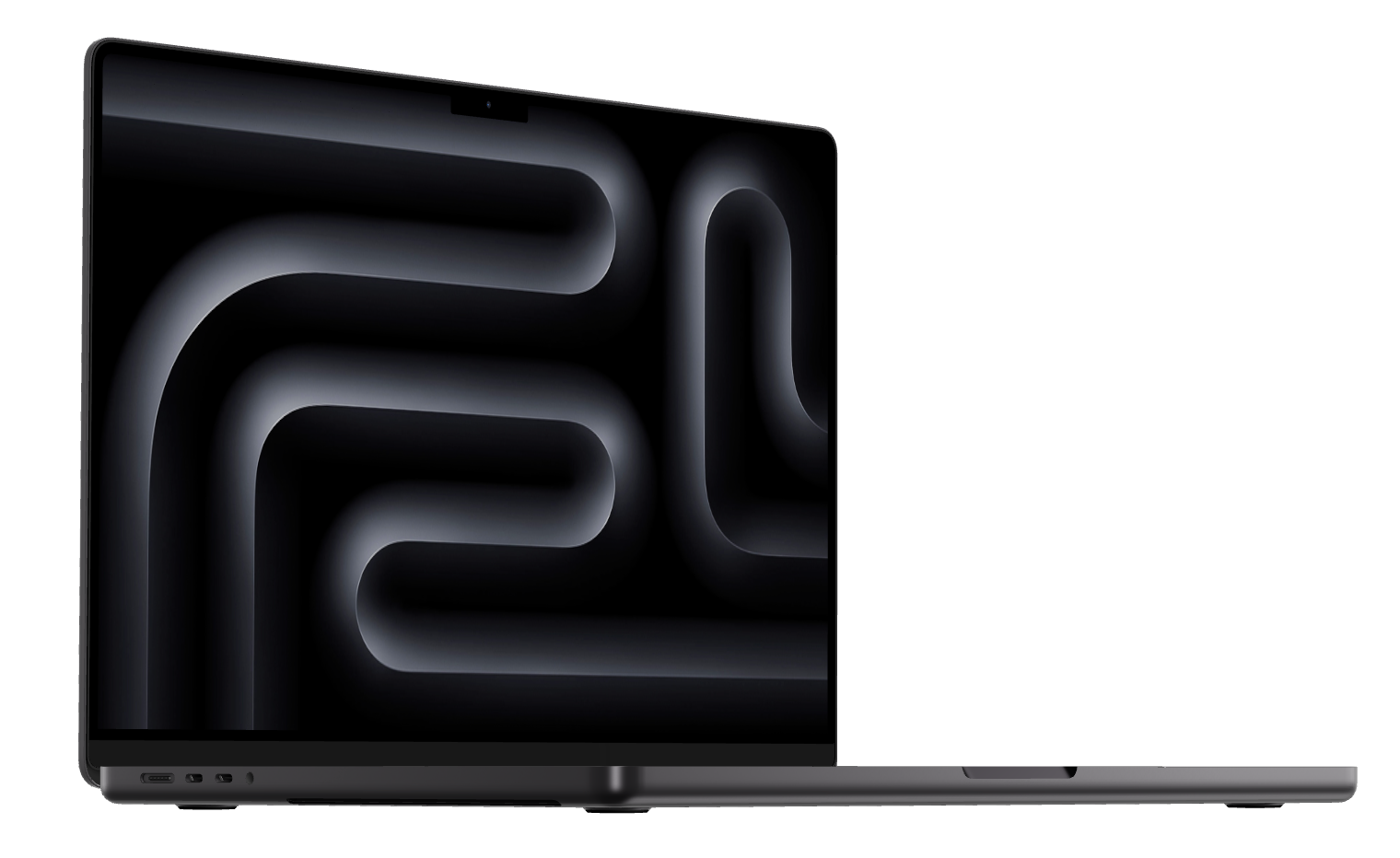Dragging the Anchor
Apple events may have become routine, and recorded events don't hit quite the same as ones with a live audience — even if I only ever viewed them remotely. However, they still have the potential to stir up controversy, at least among the sorts of people who follow Apple announcements religiously.
If you are not part of that group, you may not be aware that Apple’s MacBook Pro memory problem is worse than ever. Wait, what is going on? Is the RAM catching fire and burning people's laps or something?
No, nothing quote that bad. It's just that even in Apple's newest M3 MacBook Pro, the base configuration comes with a measly 8 GB of RAM, which is simply not adequate in this year 2023.

There has been a certain amount of pushback claiming that 8 GB is fine, actually — and it is true that Apple Silicon does use RAM differently than the old Intel MacBooks did, so 8 GB is not quite as bad as it sounds. But it sounds pretty bad, so there is still plenty of badness to be had!
Jason Koebler took on the critics in a piece titled In Defense of RAM at increasingly essential tech news site 404 Media:
It is outrageous that Tim Cook is still selling 8GB of RAM as the default on a $1,600 device. It is very similar to when Apple was selling the iPhone 6S with 16GB of storage as its base device, and people were talking themselves into buying it. It is not just a performance and usability problem, it’s a sustainability and environmental one, too. This is because RAM, historically one of the easiest components to upgrade in order to get more life out of your computer, on MacBook Pros cannot be upgraded and thus when 8GB inevitably becomes not enough, users have to buy a new computer rather than simply upgrade the part of the computer that’s limiting them.
This is the key point. If I may age myself for a moment, my first computer, a mighty Macintosh LC, had a whole whopping 4 MB of RAM — yes, four megabytes. But the default was two. The motherboard let owners expand the RAM up to a screaming 10 MB by swapping SIMMs (yes, this machine predated DIMMs).
These days, RAM is soldered to the motherboard of MacBooks, so whatever spec you buy is the most RAM that machine will ever have. If it turns out that you need more RAM, well, you’ll just have to buy a new MacBook — and figure out what to do with your old one.
This is obviously not great, as Jason Koebler writes in the piece I quoted above — but sustainability and environmental issues can only do so much when set against increased frequency of upgrades and the consequent increase in profitability.
Here's the thing: that forced binary choice between environment and profit is a false dilemma, in this as in so many other cases.
Default configurations are extremely important to customer satisfaction and brand perception because they anchor the whole product line. Both uninformed consumers and large corporate buyers will gravitate to the default, so that is the experience that most of the users of the product will have.
We are talking here about the experience of using a MacBook Pro — not an Air, where you might expect a trade-off, but the nominally top-of-the-tree model that is supposedly designed for Professionals. If that experience is unsatisfactory and causes users to develop a negative opinion of their MacBook Pro, this becomes a drag on their adoption of the rest of the Apple ecosystem.
Is this the issue that is going to kill Apple? No, of course not. But it comes on top of so many other stories: we've had Batterygate, Antennagate, Bendgate, and I'm probably forgetting some other 'gates, not to mention iPhone sales being halted in France due to radiation concerns. None of these issues is actually substantive, but in the aggregate, slowly but surely, they erode Apple’s brand perception.
Negative press is a problem for any company, but it is a particular problem for Apple, because a lot of the value comes from the ecosystem. The all-Apple lifestyle is pretty great: MacBook unlocks with Apple Watch syncs with iPhone AirPlays to Apple TV served by Mac mini together with iPad — and that's just my house.
But I've been a Mac user since that little pizzabox LC in the 90s. If my first Apple experience was to be handed a nominally "Pro" machine, open a handful of browser tabs, and find it immediately slowing down, would I consider any other Apple devices? Or would I get an Android phone, a Garmin smartwatch, an Amazon Fire TV stick, and so on? Sure, Apple fans talk about how nice their world is, but this computer is just hateful.
That's the risk. Will Apple recognise it in time?